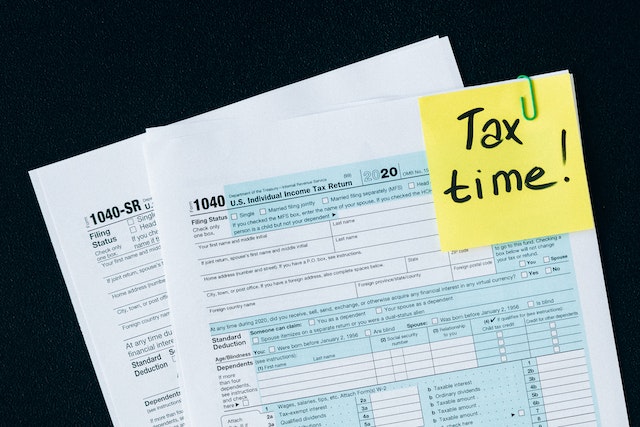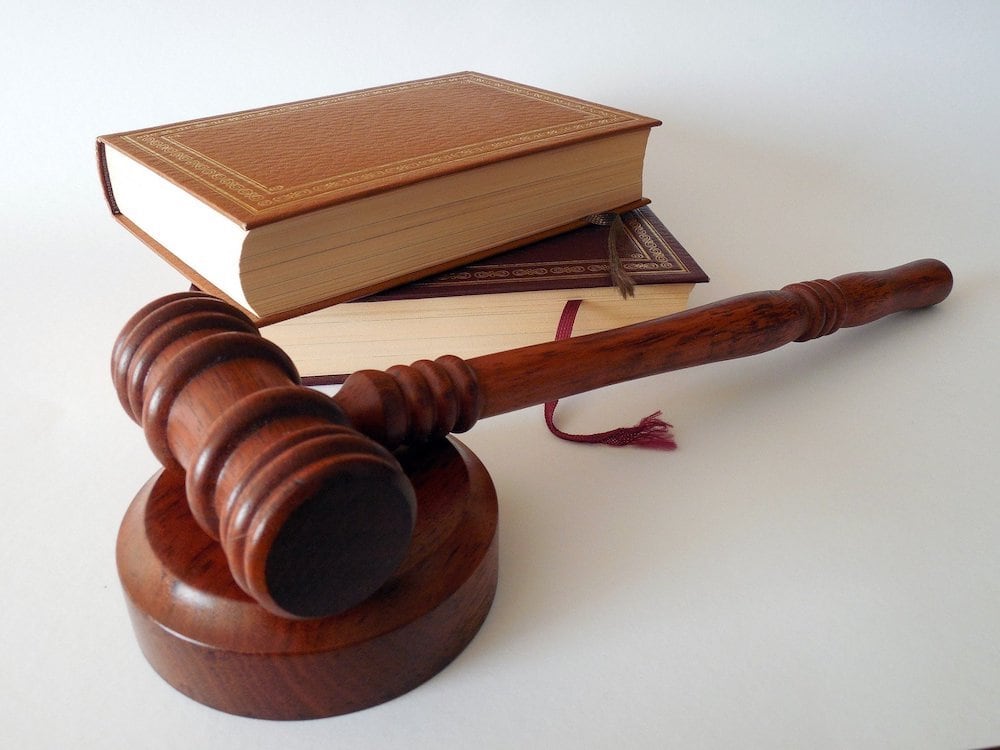
Filing bankruptcy can be an intricate process with many factors that must be taken into consideration. One thing you may not have considered until it’s too late is what will happen to your tax return. Unfortunately, many people rely on this small boost of income to help cover expenses, and discovering that it could be impacted by bankruptcy can have significant impacts on your finances. As such, the following blog explores what you must know about this process and how a Memphis, TN consumer bankruptcy lawyer can assist you during this process and address any concerns you may have.
What Will Happen to My Tax Return if I File Bankruptcy?
It’s important to understand that to file for bankruptcy, you must first file your current tax returns to ensure the IRS has the necessary information and expenses they need. However, because your return counts as an asset, you can expect your bankruptcy trustee to ask whether or not you’ve received your return. As such, there is a risk that your return will be used to pay creditors in a bankruptcy proceeding.
What Can I Do to Keep My Return?
It’s essential to understand that if you’ve received your tax refund and spent the money on extravagant or expensive items, your bankruptcy petition could be denied. This is because it can raise warning flags that this is a fraudulent petition, as the money was not spent on necessities like bills or groceries. If you believe you want to file bankruptcy, it’s important to plan ahead and use the tax return to pay off bills and creditors.
If you are on a Chapter 7 bankruptcy plan, the minute the return hits your account, it will become an asset. However, if you are on a Chapter 13 repayment plan your tax return functions differently. You are required to use all disposable income for the payments, and if your plan does not guarantee 100% repayment to creditors, your trustee can keep your tax return to contribute to payments, though it will not lower your financial obligations.
When you are on a Chapter 13 plan, you may be able to take steps to protect your tax return. Generally, you can use a wildcard exemption to protect up to $10,000 of your personal property when filing. However, it’s in your best interest to consult an attorney to determine if protecting your tax return is a beneficial use of your wildcard exemption.
As you can see, there are many things you must carefully consider if you want to file for bankruptcy. This is not a process you should attempt to navigate alone, as a minor error can impact your financial future for years. That’s why it’s of the utmost importance to connect with the Arnold Law Firm to discuss the details of your circumstances and learn how we can assist you during these challenging times.




